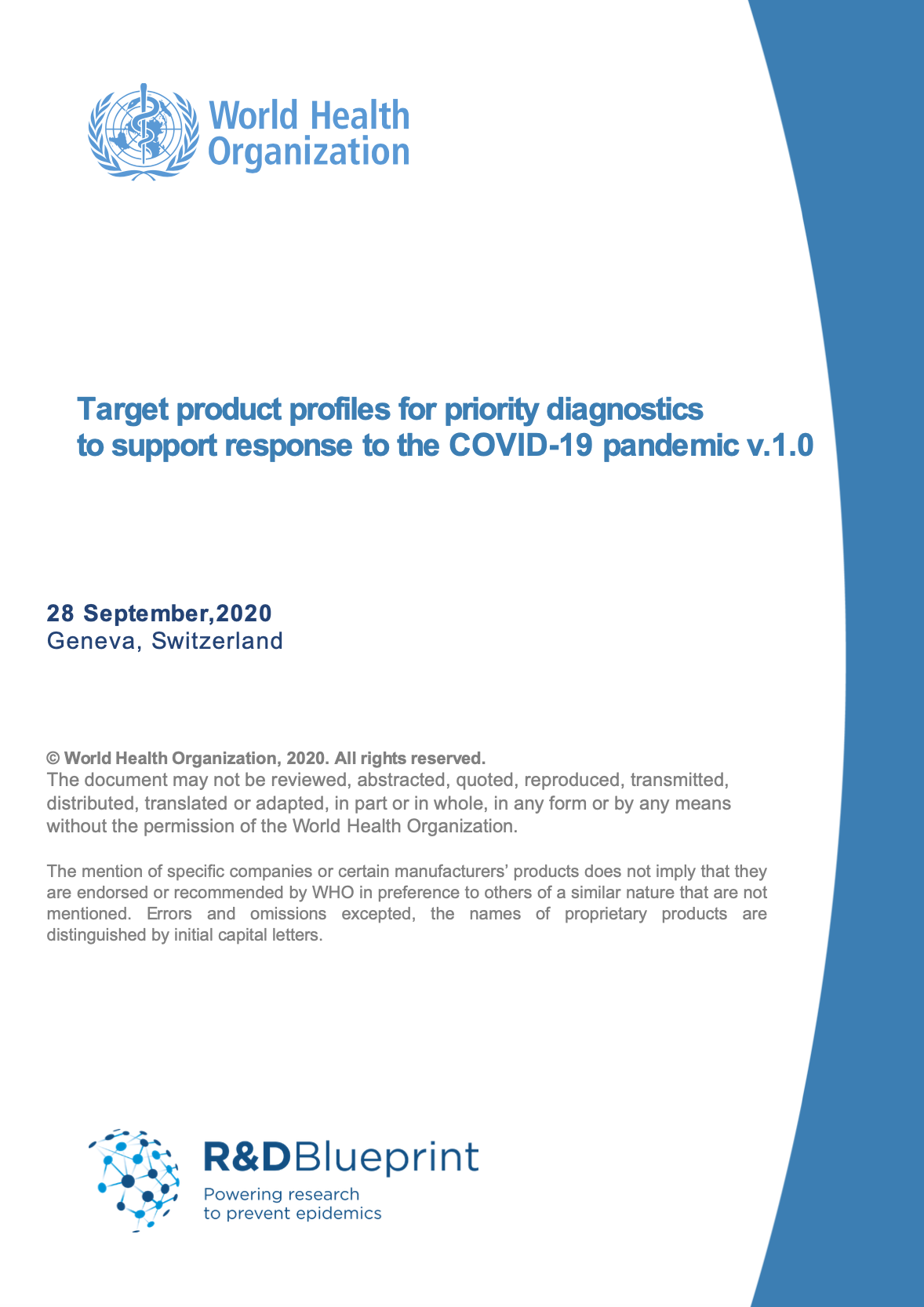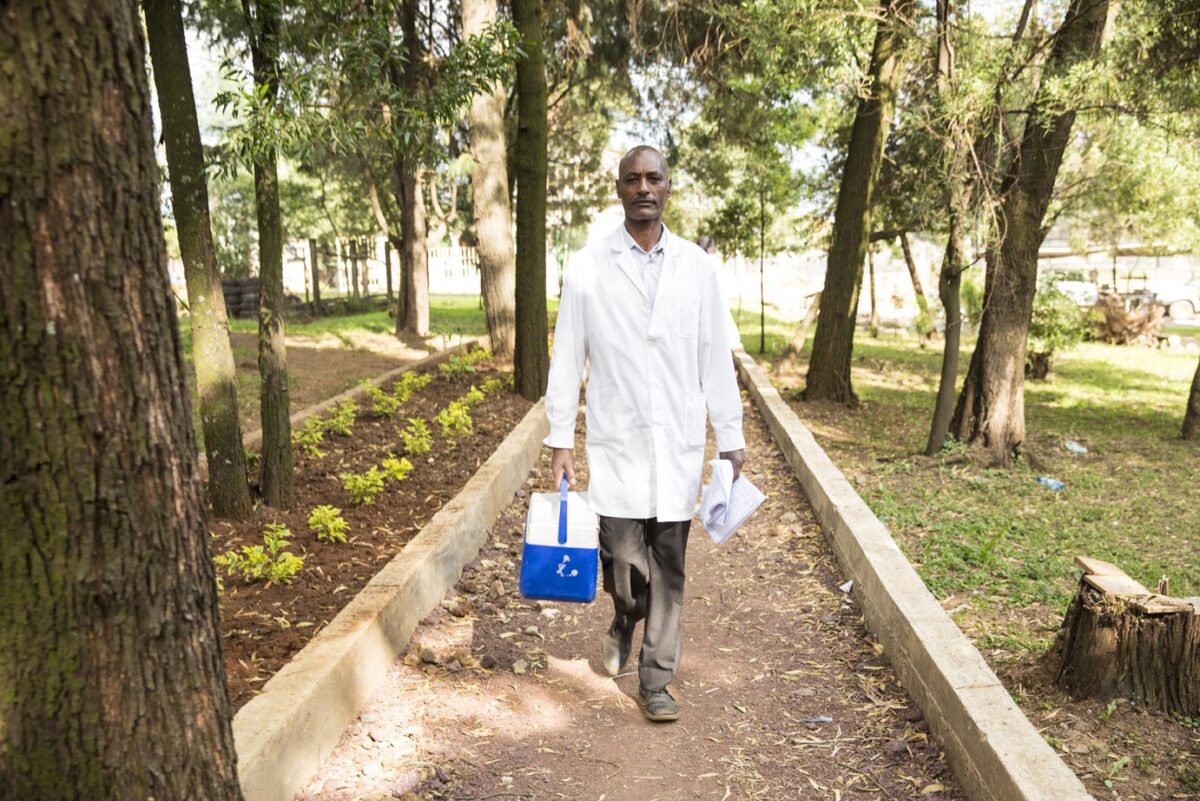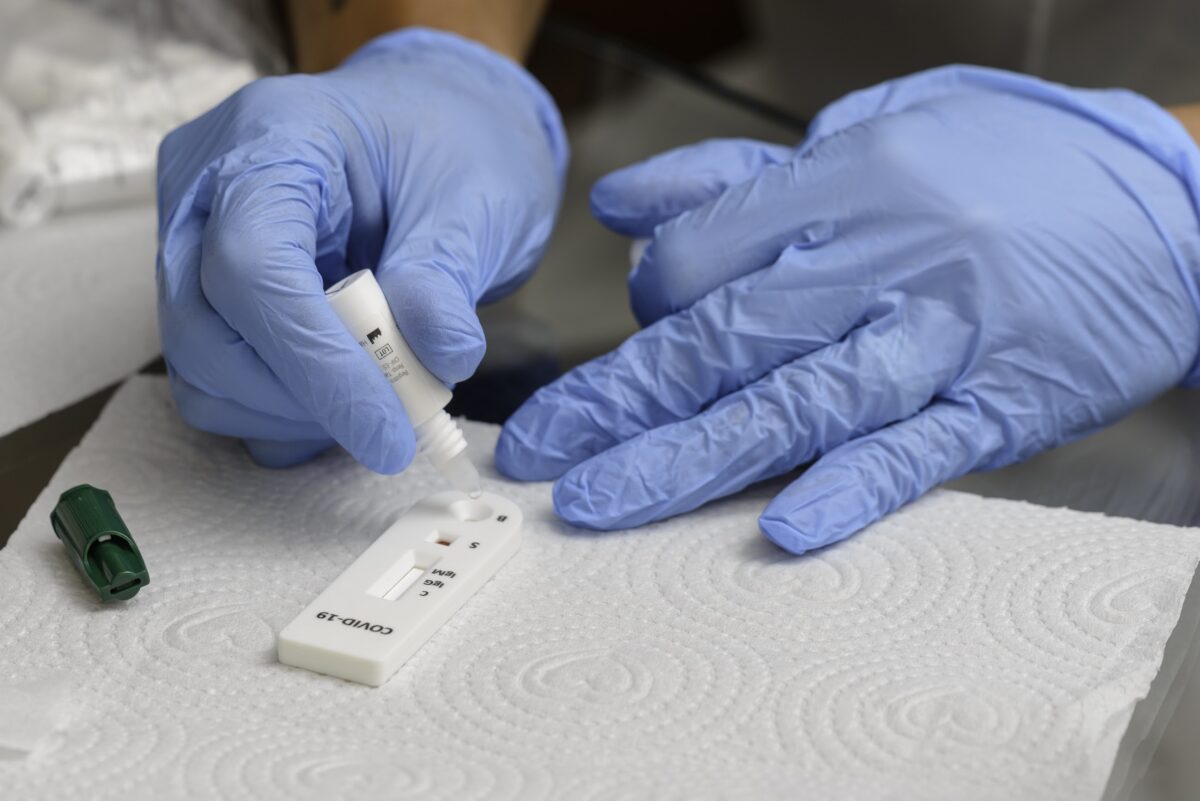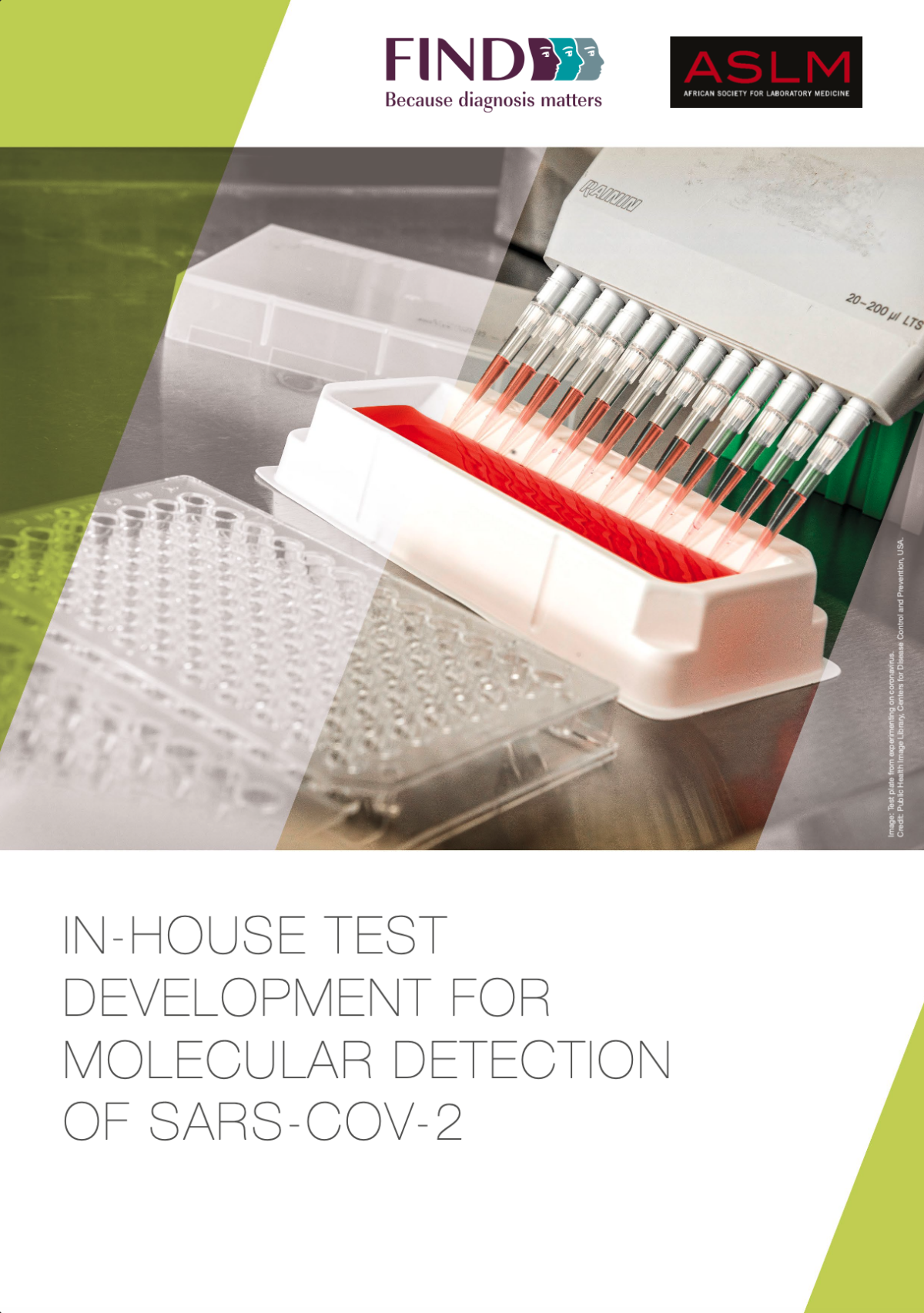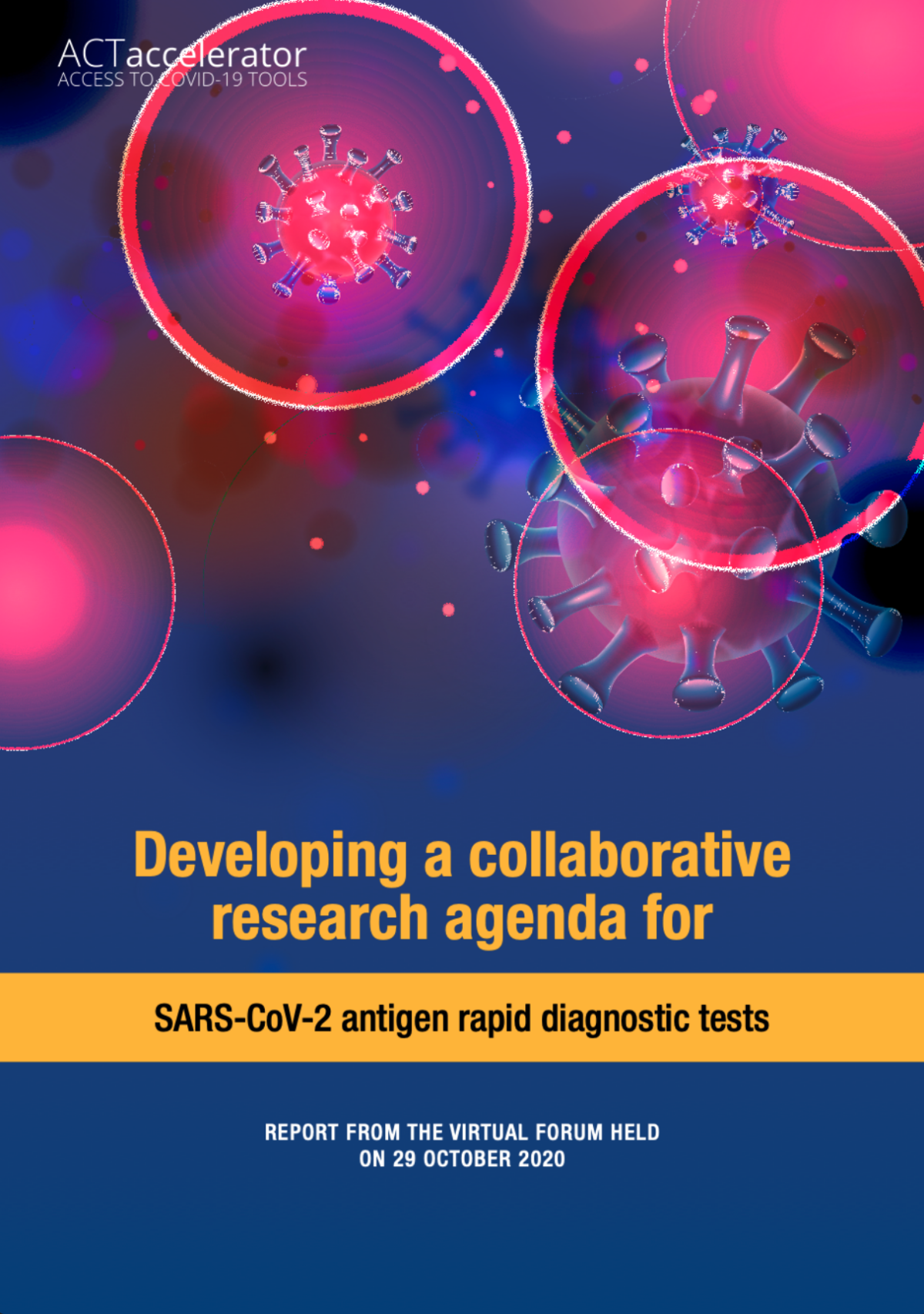The Access to COVID-19 Tools Accelerator (ACT-A) was established to respond to the COVID-19 pandemic by scaling up development and equitable distribution of tests, treatments and vaccines, and strengthening underlying health systems infrastructure.
Key takeaway: Protecting individual right to privacy is vital both during and after a pandemic response.
Early on, the Research and Development and Digital Working Group of the ACT-A Diagnostics Pillar recognised that it was essential to collect, link and share timely access to data.
However, during this public health emergency (PHE), government states of emergency were declared, and fundamental human rights, including the right to privacy, were limited as part of national COVID-19 responses.
As the world’s first pandemic where digital technologies and personal data have been used on such a large scale, this has highlighted the issue of how personal data is used.
It also raised the related issue of how to ensure that use remains in the public interest.
Proactive response The Framework for the Governance of Personal Data for the Access to COVID-19 Tools Accelerator was developed as a guide to promoting best practice and responsible use of personal data by all initiatives funded under the ACT-A.
Published in January 2021, it outlines how using personal data in responding to COVID-19 must safeguard privacy and the rights of vulnerable groups.
The framework aims to:
- Promote best practice
- Support the safeguarding of the rights of vulnerable groups
- Complement national laws and policies
- Guide the development of national regulations on the governance of data for COVID-19 related activities
- Guide the development of mechanisms for appropriate levels of community reviews and oversight
- Be a dynamic framework.
Six substantive principles guide decisions on data and data use:
- Solidarity
- Respect for persons and communities
- Equity
- Non-exploitation
- Privacy
- Data stewardship.
There are also three procedural principles:
- Transparency
- Accountability
- Engagement.
The nine principles provide overarching guidance on both managing personal data and balancing collective interests with individual rights during a COVID-19 response.
The framework provides detailed guidance on data management, including data collection and storage, retention, access, and the responsibilities of those processing personal data during COVID-19.
Read more here
Guidelines on equitable access to data and public engagement are included in the framework.
Governance of this personal data must extend to its use in a post-pandemic world; hence it also calls for the establishment of national independent Data Stewardship Oversight Committees for COVID-19.
During a pandemic, these should monitor the collection and use of personal information in line with public expectations, human rights and clear and accountable processes.
In a post-COVID-19 world, these national committees should be tasked with determining access to COVID-19 data and conditions for access.
Importantly, they also should ensure decisions on access continue to be driven by public and not private or commercial interests. link page text ends
The framework will be updated and refined based on recommendations and experiences, and reviewed every six months. Feedback is encouraged and may be sent to the ACT-Accelerator Diagnostics Pillar at email ACTAdiagnostics@finddx.org
